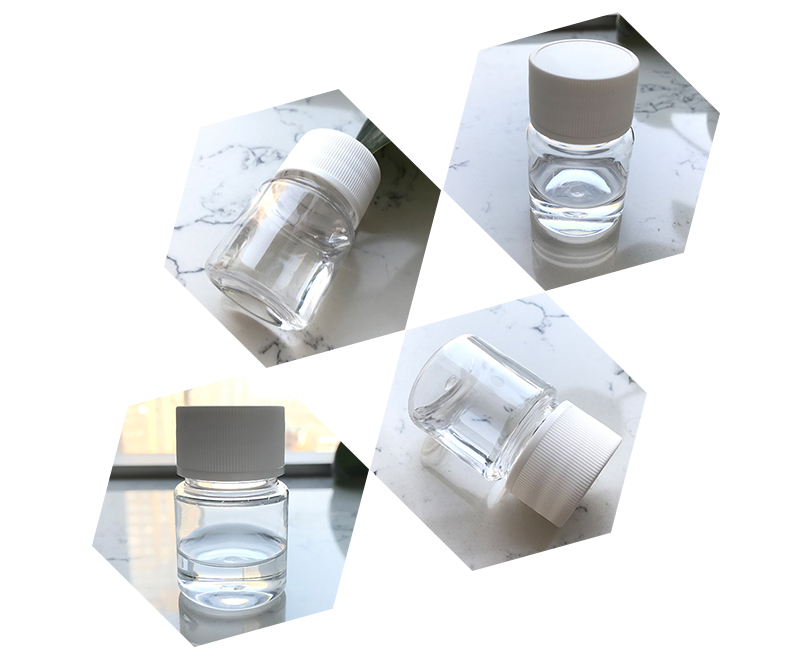Alpha Bisabolol is a naturally occurring sesquiterpene alcohol commonly used in cosmetics and pharmaceuticals due to its anti-inflammatory, antimicrobial, and soothing properties. It is primarily extracted from chamomile (Matricaria recutita) or the candeia tree (Vanillosmopsis erythropappa), which is native to Brazil. The extraction process of alpha-bisabolol involves several key steps:
1. Harvesting of Raw Material
- Chamomile flowers or Candeia tree wood are harvested when they are rich in alpha-bisabolol. Candeia wood is a more sustainable source because it contains a higher concentration (up to 90% of its essential oil).
2. Drying of Raw Material
- The harvested raw materials (chamomile flowers or candeia wood) are dried to reduce moisture content. Drying helps prevent microbial growth and facilitates better extraction efficiency.
3. Grinding
- The dried material is finely ground into smaller particles to increase the surface area, which improves the efficiency of the extraction process.

4. Extraction Methods
Several techniques can be used to extract alpha-bisabolol from plant materials, with steam distillation and supercritical CO2 extraction being the most common.
a) Steam Distillation
- Steam distillation is the traditional method used for extracting essential oils like alpha-bisabolol.
- The plant material is placed in a distillation apparatus, where steam passes through it.
- The heat from the steam breaks down the plant’s cell walls, releasing the volatile compounds.
- The essential oil, including alpha-bisabolol, is then condensed and collected.
- The oil and water separate due to differences in density, and the oil can be collected from the top.
b) Supercritical CO2 Extraction
- Supercritical CO2 extraction is a more advanced and efficient method.
- It uses carbon dioxide in a supercritical state (high pressure and temperature) to dissolve and extract the alpha-bisabolol from the plant material.
- This method is preferred for its ability to produce high-purity alpha-bisabolol without the use of organic solvents or high temperatures, which can degrade the product.
5. Purification
- After extraction, the crude oil may contain other unwanted compounds or impurities.
- Fractional distillation or chromatography techniques may be used to purify the extracted alpha-bisabolol to isolate it from other components.

6. Filtration and Packaging
- The purified alpha-bisabolol is filtered to remove any remaining particles and packaged in airtight containers to protect it from oxidation and contamination.
Key Factors
- Sustainability: Candeia tree harvesting needs to be done responsibly to avoid deforestation, although reforestation programs are often part of sustainable practices.
- Quality control: Careful monitoring of temperature, pressure, and raw material quality ensures the purity and yield of alpha-bisabolol.
This natural compound is highly valued in industries like cosmetics (for its skin-soothing properties), pharmaceuticals, and even in perfumery.
